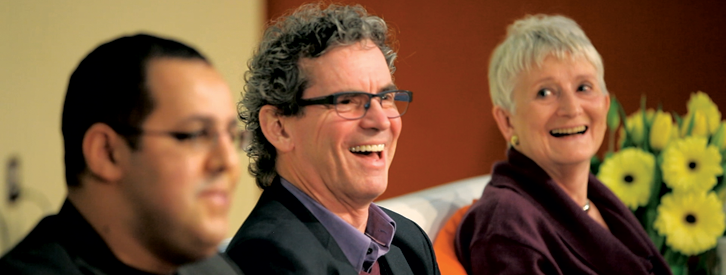With all the ongoing fascination with the mass surveillance scandals taking place in several countries, I do feel worried that the energy and focus going to those issues is chipping away at our efforts to deal with the more deeply-rooted problem of censorship.
In my own country, Yemen, as well as many Arab states, there is certainly a greater desire to protect bloggers from being imprisoned, Facebook pages of activists from being taken down, and online dissidents from being targeted. The priorities may be different in Western democratic states where the right to speak is protected and hence, the main concern to them would be their privacy.
As citizens of countries under authoritarian rule, we’re still at the very beginning of the process of forming democracies and are hoping that governments won’t take the excuse of protecting privacy as a means of hiding ‘state secrets’ and confront the increasing calls for transparency, openness and free speech.
There is no question that protecting individual privacy from the prying eyes of the state, ISPs and other powerful actors deserves our engagement. In fact, blatant surveillance could also be viewed as one form of censorship as it often leads to self-censorship, which limits citizens’ ability to speak freely. Such surveillance practices could be limited through policy changes and technological innovations.
But if we are to discuss how to eliminate surveillance altogether, then we will need deep pockets, stamina, resources and time because stealthy surveillance practices are more difficult to identify, counter and negate. If we focus all our energy in that domain, what else do we leave for other issues such as censorship?
The bottom line is that we ought to consider ourselves in a battle for all human rights and those include the right to privacy as well as the right to free speech. Let’s not compromise one right in favor of the other.
With the debate around surveillance, my hope is that we keep at least one eye on the struggle to combat censorship and work to uphold people’s right to democratic participation in this digital world.
We owe it to those nations that have yet to catch up to the democratic world and who have been struggling for decades to achieve some level of free speech. Yes, surveillance matters, but for us in the developing world, it does not matter to the extent of distracting us from building our democratic systems and expanding people’s rights to free speech.
About Walid Al-Saqaf
Walid Al-Saqaf is a researcher in journalism, new media, and Internet studies, and has an academic background in computer engineering. Upon obtaining his master’s degree in global journalism, he was appointed as the director of the Global Journalism masters program at Örebro University, where he was studying Internet censorship with an emphasis on the Arab world. Among his projects is Alkasir for Internet Censorship Mapping and Circumvention, a platform used by users in many countries—including Syria and Iran—to access blocked websites. He is also a TED and ICANN fellow and is involved in research with the Web Foundation’s Web Index and Open Data Barometer. Walid is finalizing his doctoral dissertation on Internet censorship in the Arab world and is expected to defend his thesis in 2014. He is a member of the He is a member of the Cyber Stewards Network.










